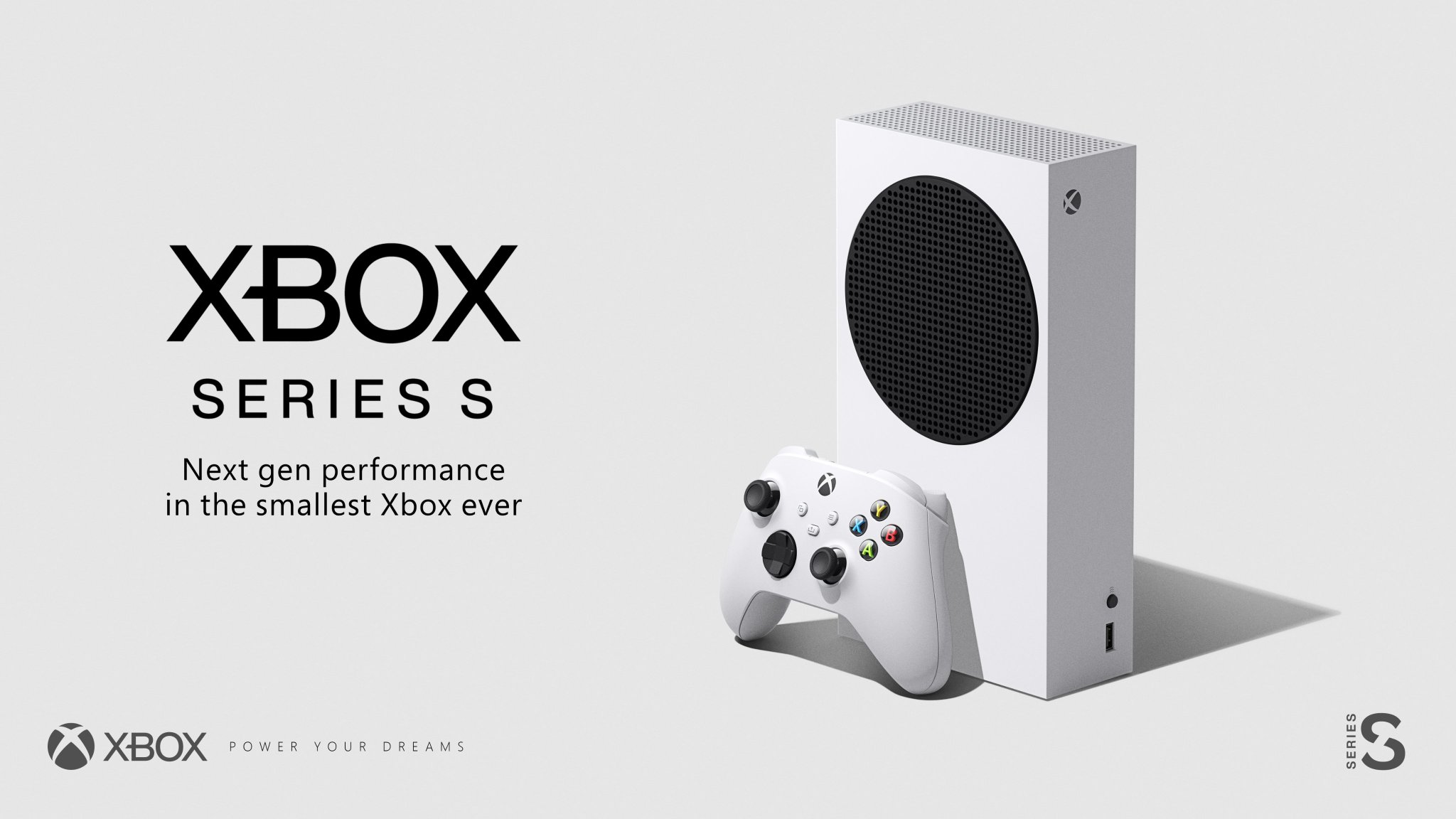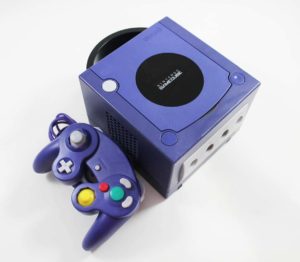
After a string of leaks yesterday, Microsoft has confirmed that the Xbox Series S will be launching at $299.99. The Series S is set to be Microsoft’s lower-end next-generation hardware, reportedly coming in a much smaller box and lacking a disk-drive. That said, the system will supposedly be able to play all of the same games as its bulkier counterpart, the Xbox Series X. It will also likely severally undercut the price of Sony’s PS5, which has been predicted to be around the $499.99-$599.99 price point.
While Microsoft has only confirmed the Series S’s price-point and design, this announcement partially corroborates previous leaks. The Verge reports that the Series S will have a weaker GPU than the Xbox Series X, making it unable to output games at 4k. Windows Central’s reporting indicates that both models will be launching on November 10th of this year. Additionally, they report that the Xbox Series X will be launching at $499.99 and will also be available through a financing option that charges $35 a month with Xbox Live and Gamepass included. The Xbox Series S will be available through a $25 a month version of the same plan. Xbox Live is Microsoft’s online service for multiplayer, and Gamepass offers access to hundreds of games, including first-party titles at release. Xbox Live is currently priced at $59.99 a year, and Gamepass is priced at $9.99 a month.
In recent years Microsoft has doubled down on its subscription service Gamepass. By guaranteeing that their blockbuster first-party titles will launch there, they have created a value proposition to many players already invested in the company’s output. They have also made an effort to scoop up a wide variety of third-party and smaller games, many of which launch on the service.
The news about the Series S seems to reiterate Microsoft’s interest in pushing a subscription model in the gaming space. The cheaper price point and option to finance the system through a service subscription seems squarely aimed at lowering the initial barriers to entry so that they can instead monetize their users over an extended period. This service model for entertainment has come to dominate the world of movies, television, and music through companies like Netflix and Spotify.
While Gamepass’ 10 million subscribers are still a ways off from Netflix’s 183 million, if they continue to grab new users, their approach could have a systemic impact on the video game industry. Whether that change will come to pass, and whether or not it will be a “positive” one remains to be seen, but it will be one of many stories to follow during this upcoming hardware generation.







